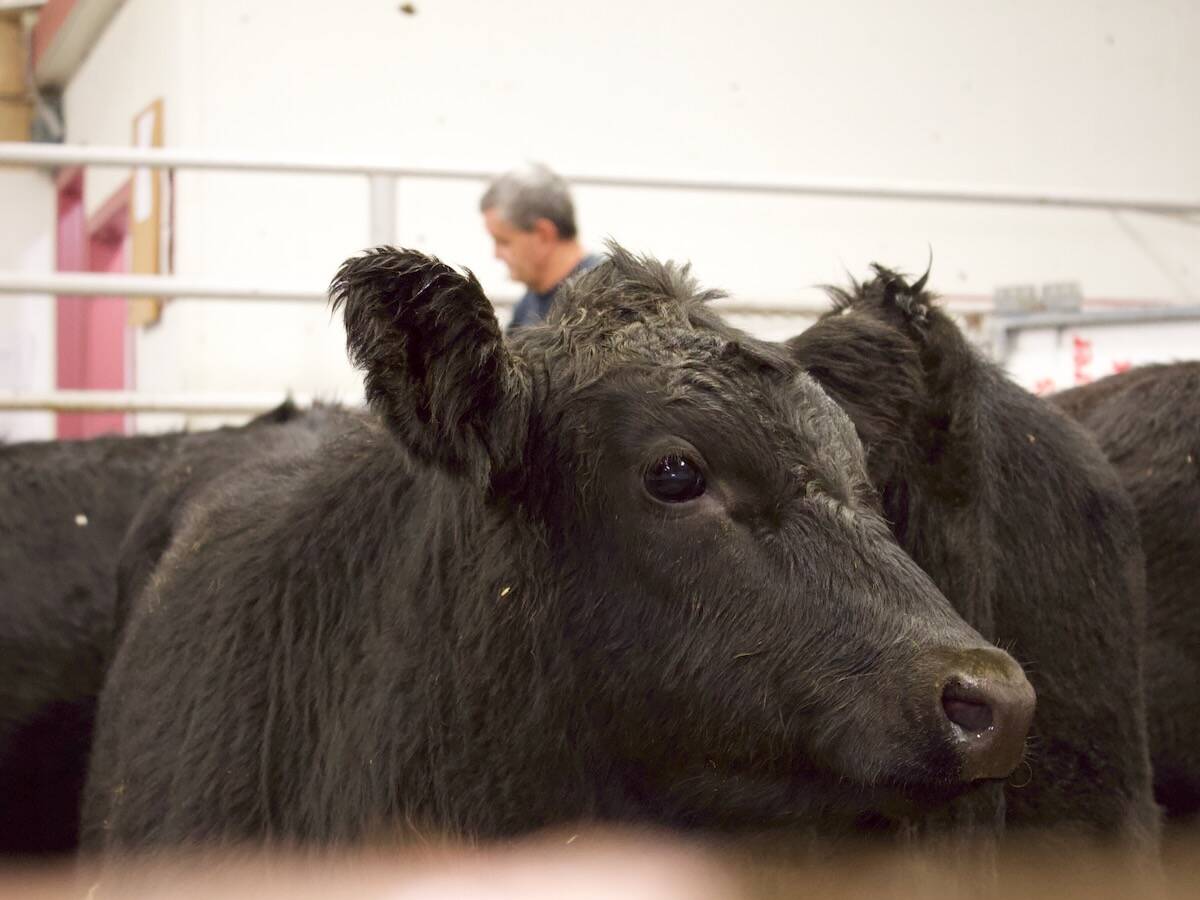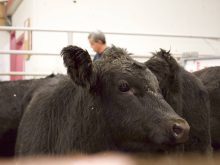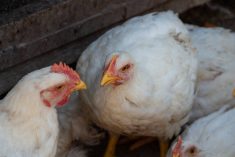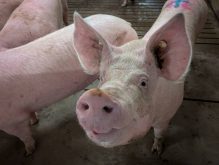In a bid to boost age-verification of the province’s beef cattle herd, the Alberta government is working with livestock supply retailers on a $15 million plan to help cow-calf producers cover the costs of radio frequency identification (RFID) tags.
The province’s new three-year Age-Verification Incentive Program, announced Monday to get underway July 1, will take form of a discount toward purchases of RFID tags between Jan. 1, 2009 and Dec. 31, 2012.
Eligibility for the incentive discounts, worth up to $3 per age-verified animal, will be based on the number of animals a beef producer has, or plans to have, age-verified from the previous year’s calf crop.
Read Also

Cash incentive for CRSB Certified beef producers launched
The Canadian Roundtable for Sustainable Beef (CRSB) has launched an incentive payment for CRSB Certified producers.
Each calf must be tagged with an approved RFID ear tag prior to its birth date information being uploaded into the Canadian Cattle Identification Agency (CCIA) database.
The incentive will be in the form of a discount at an authorized retailer, point-of-sale. If, for example, a cow-calf producer reports 300 calves from the 2009 calving season will be age-verified, then that producer is eligible for a total incentive-discount of $900 on their RFID tag purchases in 2010.
In the first year of the program — that is, 2010 — producers who already bought RFID tags before the program’s July 1 implementation date may apply directly to Alberta Agriculture and Rural Development for reimbursement of the value of any discount they would have been eligible for at the time of purchase, based on the program criteria.
The discount will be available at any CCIA-authorized Alberta RFID tag retailer who chooses to take part in the incentive program. A list of participating retailers is to be released closer to July 1.
“Growing expectation”
Cow-calf producers are to attach a CCIA-approved ear tag to each calf and submit its corresponding calving start date to CCIA’s Canadian Livestock Tracking System by 10 months of age, or before the animal leaves its farm of origin, whichever comes first.
If using the actual birth date, cow-calf producers also must attach a “unique identifier” (a management ear tag, tattoo or approved RFID tag) to each calf within 90 days of birth to coincide with their on-farm calving records.
Information gathered in this process “will only be shared with appropriate government agencies and third-party partners who are directly involved with managing the program,” the province said Monday.
Any confidential information about producers or their businesses won’t be shared outside the scope of these agreements and producer program consent forms, the province said.
The province stressed that its livestock traceability system is “dependent on tagging an animal and entering this information into the Canadian Livestock Tracking System.”
The process, the government said, is “critical to identify when an animal enters the food production system.”
“Our government is committed to working with industry to build a stronger beef sector and age-verification is a crucial piece of that,” provincial Agriculture Minister Jack Hayden said in Monday’s release. “Age-verification supports foreign market import requirements and a growing domestic consumer and industry expectation.”
It also improves the province’s ability to “prevent, prepare, respond to and recover from an emergency situation such as a foreign animal disease outbreak or a natural disaster that may affect public or animal health,” the province said.













